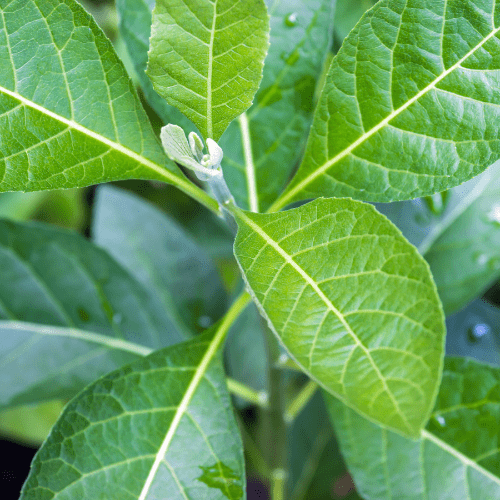Position
Like other pecan trees, the Oconee requires a sunny location (at least 6 to 8 hours of direct sunlight daily) and well-drained soil.
It thrives in areas with long, hot summers and adequate rainfall.
Oconee pecan trees thrive in regions with a long growing season. They prefer areas with hot summers and sufficient winter chilling hours (around 800 to 1000 hours below 7°C).
Size
Pecan nut trees can grow to a height of between 20 – 40m tall. Ensure they are planted at least 10 metres apart and away from structures and power lines.
Soil type
Pecan trees prefer well-drained soil that is deep and fertile. They can tolerate a range of soil types but do best in loamy soils with a pH between 6.0 and 7.0.
Soil should be rich in organic matter. Adding compost or well-rotted manure before planting can improve soil structure and fertility.
Mulch
Mulching around your tree makes it appealing and allows the soil to benefit from a constant supply of nutrients gathered by its slow decomposition process. Mulching will also keep the soil moist on warmer days.
Watering
Young Oconee pecan trees need regular watering, especially during dry periods, to help them establish a strong root system. Provide about 1 inch of water per week during the growing season.
Once established, pecan trees are somewhat drought tolerant but will still benefit from supplemental watering during prolonged dry spells.
Fertilising:
Oconee Pecan trees, are heavy feeders and require regular fertilisation to support their growth and nut production. Apply our slow-release nitrogen-rich all plant fertiliser. Apply 1 teaspoon every 4-5 months. The roots will absorb what they required.
Pruning:
Prune your pecan trees annually during the dormant season (winter) to remove dead, damaged, or crossing branches. This helps improve air circulation and light penetration within the canopy, reducing disease and improving nut production.
Pest and Disease Management:
Monitor your pecan trees regularly for pests such as aphids, pecan weevils, and scab disease. Apply Efficient Microbials (EM Control ) regularly as a preventative against these pests.







